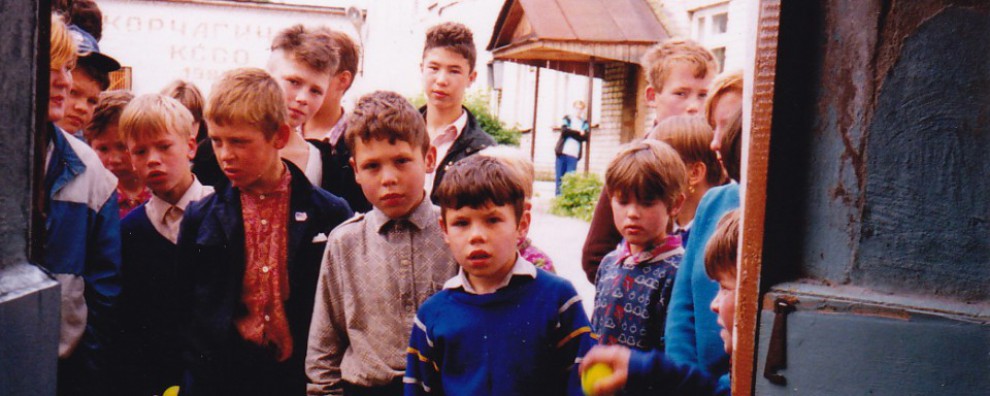“Guillermo O’Donnell: (1936-2011) Argentine political scientist. He earned a law degree in Argentina and a PhD from Yale University. He taught at universities in South America, Europe, and the United States (principally Notre Dame), and has written many books on Latin American authoritarianism and democracy and the transition from one to the other. His pathbreaking analysis of ‘bureaucratic authoritarianism’ as a specific type of military rule found especially in Latin America from the 1960s to the 1980s contributed greatly to the understanding of comparative politics.”
Excerpted from: Stevens, Mark A., Ed. Merriam-Webster’s Collegiate Encyclopedia. Springfield, Massachusetts: Merriam-Webster, 2000.

You must be logged in to post a comment.